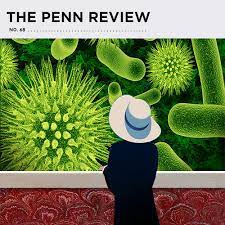
A pandemic wreaks havoc in both obvious and less obvious ways. The obvious ways appear, depressingly enough, on the homepages of our online newspapers and as “breaking news” on our televisions. Less obvious are the effects of being holed up at home, especially if you’re an extrovert or someone in a bad marriage or a kid who relies on schools for breakfast and lunch.
Less obvious than these less obvious items? Covid-19’s effects on publishing. This past week brought two interesting emails to my inbox. One was from a print magazine publisher that had already accepted one of my poems. They said the printing press that usually brought out their publication was not considered “essential,” therefore the magazine would not appear as scheduled. Instead, the editors were working on their first electronic version of the magazine ever.
Be patient, was their bottom line. And pray for us, because we’ve never done this before. I did not reply but my subconscious did: “Uh-oh.”
Another email came from a journal still entertaining a poetry submission I’d sent. They apologized (as if they had to, given the circumstances!) and said the whole pandemic thing had sent their efforts into disarray and that everything would be backed up, with the chance that said “everything” might even be backed up over a cliff like Wiley E. Coyote or something, so don’t expect to hear back from them soon, or at least as soon as they had promised.
Oh. OK.
So if you’re noticing little action on your Submittable page, now you know why. Granted, “action” is a misnomer when it comes to submitting to poetry journals because things move like sludge even in the best of times, but this is sludge in a stubborn mood we’re talking now!
I imagine this chaos extends to book publishing, too. My third manuscript, already seatbelted in and preparing for takeoff next week, is in for a long ride. Perhaps it will see Jupiter outside the window before I hear anything about its fate, good or bad. I’m packing extra sandwiches for the 57 poems, just in case.
Go ahead. Call me a helicopter author. But these are strange times, and all the old rules are going out the window. Like everything else, the publishing industry is either sick or in hiding.



